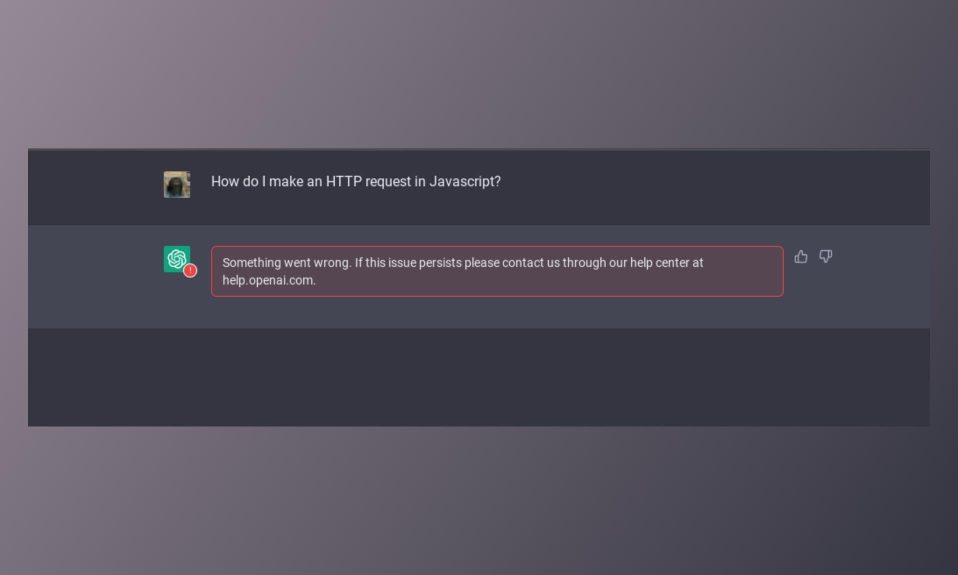Students and teachers alike are beginning to prepare for the return to full-time classes as schools and colleges prepare to resume their regular schedules. They’ll spend a lot of time on their laptops doing classwork.
Unfortunately, everyone’s Laptop has a finite amount of time on this earth. And, in many circumstances, these technologies will abandon us when we need them most—for example, in the middle of a school year.
But don’t be concerned. You can mitigate the harm before it becomes irreversible. Five indicators your Laptop won’t last the school year, and what to do about them
5 Signs Your Laptop is Dying
Laptops rarely perish without warning unless they’ve been dumped from the top of a skyscraper or accidentally splashed water on them. Here we have five red flags you need to pay attention to.
1. Your Laptop is starting to slow down.
For a variety of causes, laptops slow down. You might not have downloaded the most recent version of your device’s software, for example.
In other circumstances, your Laptop may not function as effectively as it once did due to a large amount of data stored on your hard drive.
However, your Laptop may begin to slow down simply because it is nearing the end of its useful life.
2. Your Battery Is Not Charging As It Once Did
Every gadget’s battery life decreases as we use it more frequently. While this decline is unavoidable, it is nonetheless inconvenient.
You won’t notice a big improvement straight away. The fall, on the other hand, is more gradual. Keep track of how long your Laptop’s battery lasts and how often you need to charge it.
3. Your Laptop Is Constantly Freezing
Your Laptop may freeze for a variety of reasons, similar to how it may slow down. Your Laptop may stop working in some circumstances because an app you’re using isn’t responding. Alternatively, your device could be infected with malware.
In other circumstances, the solution is quite straightforward: your Laptop is about to shut down.
If you discover that your Laptop starts freezing more often than before, check whether any annoying apps are responsible for this.
Consider taking these methods to remove malware from your device if you fear it has been infected.
If you’ve tried everything and still can’t fix the problem, you might want to think about upgrading your Laptop.
4. Your Laptop Is Constantly Turning Off
Consider the following scenario: you’re about to finish your PowerPoint presentation for the exam you have next week. Then, as soon as you finish inserting the final slide, your Laptop abruptly shuts off.
A laptop can shut down on its own for a variety of causes, including excessive internal dust. Your Laptop may have overheated as a result of the dust buildup, and it will need to cool down before working again.
If your laptop shuts down without warning on a regular basis and you can’t pinpoint the cause, it’s time to think about what you can do next. One alternative is to thoroughly clean your Laptop!
5. You Can’t Get the Most Up-to-Date Software
This is a hard one since, for the most part, you will not notice a difference in the performance of your Laptop if you are unable to update your software at first.
Over time, though, you’ll undoubtedly realize that your Laptop begins slowing down—or that some features stop working.
Not upgrading your software can also leave you susceptible to security issues, which could cause extra problems further down the line.
And if your device wasn’t already on its way to death, a newly installed malware could make it so.
What Should I Do If My Laptop Fails?
So, what should you do if your Laptop doesn’t appear to be up to the task of getting you through the school year?
You are already one step forward from everyone else since you’re aware of the potential challenges you’re running into. Now, you’re in a wonderful position where you can act early.
Here are four things you may do if you fear that your Laptop could die shortly.
1. Clear Your Storage
If your Laptop’s issues are related to performance, clearing it is always a good starting step. Go through your files and programs and delete or backup everything you don’t use.
After you’ve emptied off your storage, restart your Laptop to see if anything has changed. If you don’t notice any change, move forward with the other fixes.
2. Find Out What’s wrong
While you can use your Laptop to identify the problem, you may not be able to do it accurately. As a result, enlisting the assistance of a professional is a wise decision.
Take your Laptop to a nearby repair shop and have someone look into the problem more thoroughly. Even if they can’t solve it, at the very least, you’ll know what to do next.
3. Review Your Warranties
Almost every newly acquired Laptop comes with a one-year warranty. Even if you have used equipment, some merchants will provide you with a warranty if you purchase from them.
In all likelihood, your Laptop will not die by itself inside the first year. But that does happen from time to time. Even if your device isn’t broken, getting it mended while it’s still under warranty might save you a lot of money.
If your Laptop’s warranty period has expired, see if your seller offers a repair discount. If they do, it’s worth taking advantage of.
4. Get Ready to Purchase a New Laptop
If you’ve read this far and still can’t find a solution, we’re afraid it’s time to start thinking about replacing your Laptop. It’s wise to set aside some bucks each month to save for a device since this will ease the financial burden when it’s time to upgrade.
You might be eligible for special discounts since you’re currently in school. This is true if you want to buy a Mac from Apple, but other retailers may also offer student discounts. So, have a look and find if any take your interest.
Knowing that You Might Need a Laptop Sooner Will Ease Pain
Reviewing your equipment and evaluating whether you’ll need to change any of it soon as you prepare for the school year is a good idea.
You’ll not only be able to diagnose the problem faster, but you’ll also be able to start saving money and hunting for offers.
Examine the common problems on this list to discover if there’s anything else that’s causing your Laptop to slow down. If this isn’t the case, develop a robust strategy right now and prepare to upgrade.
We hope you find this guide helpful. If you have any doubts or queries, comment below using your name and email ID. If you liked this, don’t forget to check out our gaming, troubleshooting, and computing guides.






